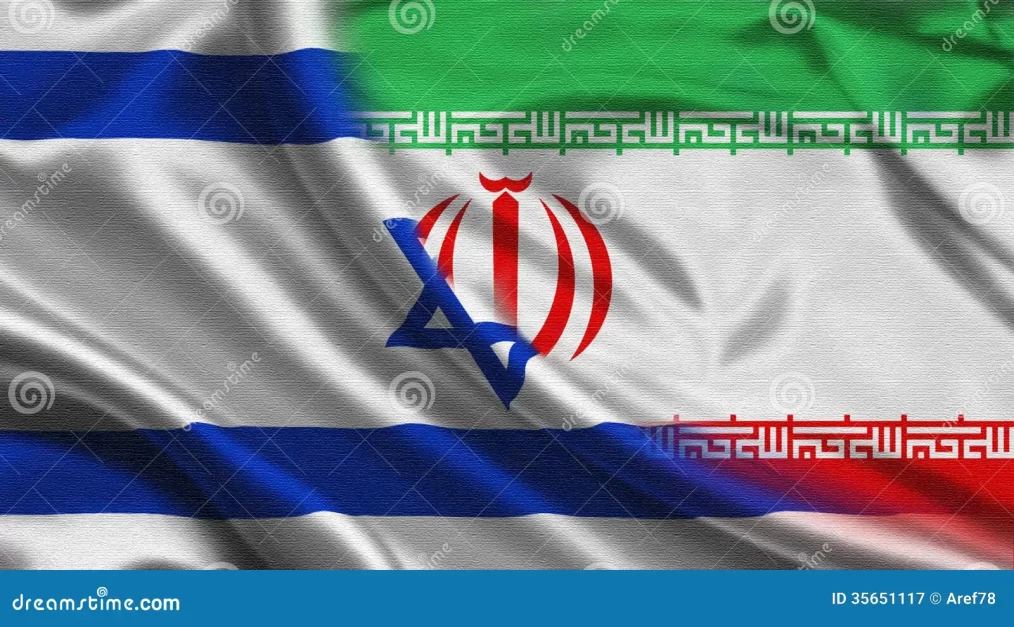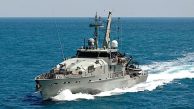
Despite Israel’s Military Blows, Hezbollah Gears Up for Long-Term Rebuild
The Krakow Post
Recent intelligence reveals that Hezbollah, the Iran-backed militant group, is actively regrouping despite suffering severe setbacks from Israeli military strikes. This development poses an ongoing threat to the United States and its allies in the region.
Israel’s sustained airstrikes have reportedly halved Hezbollah’s weapons stockpiles and inflicted thousands of fighter casualties. While these losses are substantial, they are far from crippling. Hezbollah has already ramped up recruitment efforts and is exploring ways to replenish its arsenal. Arms smuggling through Syria and covert domestic production appear central to its strategy.
Analysts suggest Hezbollah might be using the current ceasefire as an opportunity to rebuild and reorganize, a concern that highlights the fragility of the pause in hostilities.
The ceasefire agreement, ostensibly aimed at halting the conflict, prohibits Hezbollah from acquiring new weapons. However, enforcement remains inconsistent. Israel continues to strike Hezbollah targets, including rocket launch sites and supply routes, maintaining pressure on the group.
Hezbollah’s operations are deeply tied to broader regional dynamics. The United States has increased pressure on Syrian President Bashar al-Assad to restrict Hezbollah’s activities. Washington has hinted at easing sanctions on Syria if Assad cooperates, but his regime remains a critical ally and conduit for Hezbollah’s operations.
This tangled web of alliances underscores the difficulty of curbing Hezbollah’s influence. Its ability to leverage Syrian territory for arms and fighter movements further complicates the security landscape in the Middle East.
Despite military setbacks, Hezbollah is focusing on rebuilding damaged areas in Lebanon, particularly in Beirut’s southern suburbs and southern Lebanon. These efforts aim to solidify its support base by providing social and economic aid.
Hezbollah’s leadership has shown no sign of wavering in its commitment to resist Israel. While weakened, the group’s rebuilding initiatives and enduring regional support suggest that it remains a potent force, one that Israel and its allies must continue to monitor closely.
The question remains: will this ceasefire pave the way for stability, or is it merely a prelude to the next round of conflict?




